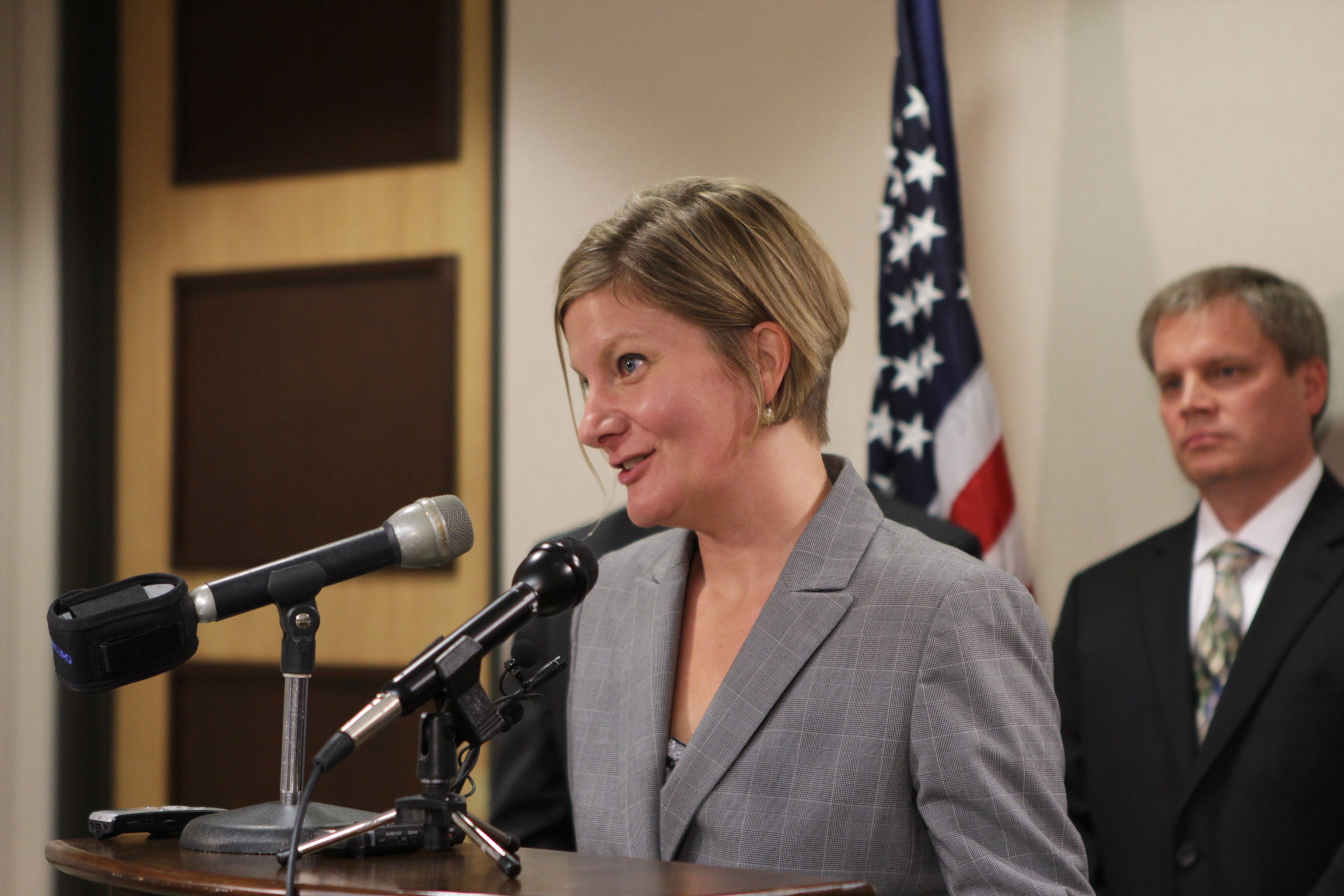
The state is taking steps to expand the criminal justice authority of Alaska Native tribes. Attorney General Jahna Lindemuth talked about the initiatives at a tribal court conference in Fairbanks last week. Lindemuth says one allows tribal courts to take over low level misdemeanor cases from the state.
”It keeps that person outside of the state’s criminal justice system. And many times, that can be really important,” Lindemuth said. “Especially for a first offender or somebody who’s just starting out with dabbling with crime. We want to avoid them getting into the whole system and starting that lifelong pattern that we see so often. And so, I really hope that tribes will look at this closely and that they will consider working with the state on the civil diversion agreement.”
A second change allows state funded village public safety officers to enforce tribal laws.
”If you have a VPSO in your community, and you want that person to help enforce your tribal code, you need to sit down with your VPSO person and work that out. And it’s just a matter of if you can have that agreement in place, then that can go forward. And I really encourage all of you to do that.”
A third initiative allows crime evidence collected by tribal officers, under state-compliant search warrants, to be used for prosecution in state court.
“We can prosecute that case in state court, even if a trooper never shows up in your community and investigates.”
Lindemuth says the three tribal justice initiatives are included in a broader public safety action plan being developed by the state, with public input.
“We don’t have a trooper or VPSO in every community, but we need law enforcement in every community. We need public safety in every community,” Lindemuth said. “So how can we do this better? That’s what this is all about.”
Tanana Chiefs Conference Executive Director of Tribal Government and Client Services Will Mayo greeted the initiatives with enthusiasm, saying it wasn’t too long ago that the state did not even acknowledge the existence of Alaska tribes.
“Their belief was that the Alaska Native Claims Settlement Act terminated any existence of tribes,” Mayo said. “Tribes did not exist in Alaska. That was the official position. They did not even use the word tribe.”
Mayo credited tribes with bringing the state around. The TCC Tribal Court Conference offered training on the new state initiatives.
Dan Bross is a reporter at KUAC in Fairbanks.




